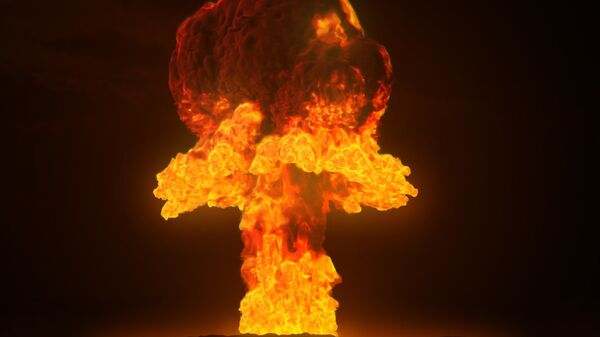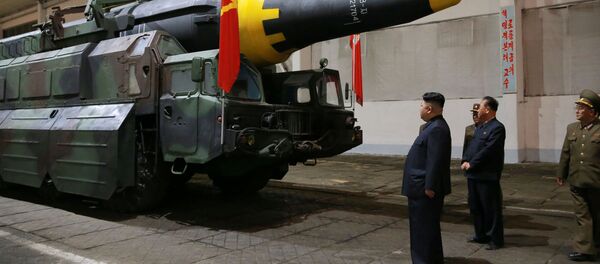"It just opens up the question about what we don't know," Starr told Loud & Clear Hosts Brian Becker and John Kiriakou. "You know, the real issue, if you're worried about an unauthorized launch, might get back to whether or not the launch officers sitting at the launch consoles are having some kind problems with drugs."
Starr said their job is a "horrible" one. "They basically sit there for hours at a time, waiting for an order to launch up to 50 nuclear-tipped ICBMs. It might make you predisposed to use drugs. I think that would worry me more than the security guards."
The news comes just months after the Trump administration announced a massive overhaul of the US' nuclear strategy, with billions more in spending in the coming decades. "Go and look at the equipment these guys are using. They literally have computers that use floppy discs," Starr said.
The servicemembers involved in the drug ring were of the 90th Missile Wing, which controls one third of the US' 400 Minuteman 3 nuclear missiles that remain on alert all day, every day.
Starr suggested that the US' push for nuclear readiness has led to corners being cut that, perhaps, should not be — such as switching the previously complex numerical launch codes to a string of zeros for a number of years. "You entered eight or 10 zeros," he said. "Typically you're supposed to enter a numeric code, but there was a concern that if a nuclear attack actually took place, the national command authority wouldn't be able to issue a launch order. So there was a decision made at some lower level in the military to have all the launch codes set to zero so that the launch officers could launch the missiles even if they weren't able to receive the code, but that basically made it possible for the launch officers to make an unauthorized launch."



